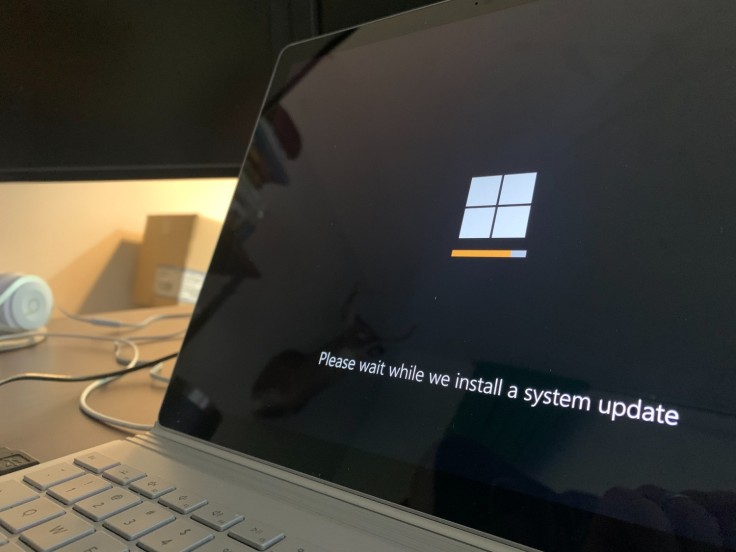
Reports have surfaced on performance degradation in AMD chip-powered computers upgraded to the latest Windows 11 operating system.
As Tech Radar noted, with a massive userbase of AMD systems due to the popularity of the company's Ryzen chips, this has proven to be a major issue. Apparently, the upgrading to Windows 11 for these devices has led to a 15 percent drop in performance in gaming and three to five percent in desktop PC applications.
AMD, Microsoft Release Patches to Fix Windows 11 AMD Bug
AMD announced that it has since made a patch available on its website to fix to the problem, which the company said was caused by improper CPU thread scheduling that does not utilize the fastest available processing core as it must
The patch is in the form of a chipset driver, under version 3.10.08.506, that fixes the UEFI CPPC2 (Collaborative Power and Performance Control 2) driver that is tasked with leading steering threads to the correct processing cores, Tom's Hardware explained.
As such, Windows 11 users are advised to immediately download and update to the new patch.
Another issue reported was a new L3 cache latency bug that led to a 70 percent rise in latency from 10 nanosecods to 17 nanoseconds. Microsoft has since announced that it has also made a fix available on its Windows Update support site on Thursday, called the Windows 11 Build 22000.282. This L3 cache error affects latency and bandwidth, making AMD's L3 latency shoot up to six times higher in Windows 11 than in its predecessor. It is worth noting that L3 bandwidth in Windows 10 systems can reach 12 times higher than the current version.
Read also: AMD Ryzen 9 5900X Restock Tracker: Price and Where to Buy Flagship CPU-Amazon, Best Buy and More
The new Windows 11 update also comes with a huge amount of fixes, including solving that problem preventing the Start menu from opening after upgrading to the new OS, and fixing input delays for Bluetooth mice and keyboards. More information on these fixes are on the Microsoft website.
AMD's chipset driver fixes the UEFI CPPC2, which is also called the "preferred core" technology that leads the lightly threaded processing to the fastest core on the chip. Such bug, AMD says, affects the performance of lightly threaded applications. AMD noted that the performance degradation would be more apparent in processors with more than eight cores and a >65W TDP (thermal design power) rating, but it stressed that the patch would solve this issue.
Windows 11 AMD Bug Comes Amidst Upcoming Release of Intel's Alder Lake
This bug has come at the wrong time for AMD, as rival Intel is about to launch its robust Alder Lake processors that should further make the competition for desktop dominance tighter. What's worse for AMD is that Windows has special features, such as scheduler optimizations, designed explicitly for Alder Lake.
These bugs affect Windows 11-supported Ryzen CPUs, such as the Zen+, Zen 2, and Zen 3 CPUs that carry the Ryzen 2000, Ryzen 3000, Ryzen 4000, and Ryzen 5000 chips. They also impact select AMD EPYC chips for data centers and newer Athlon processors.









